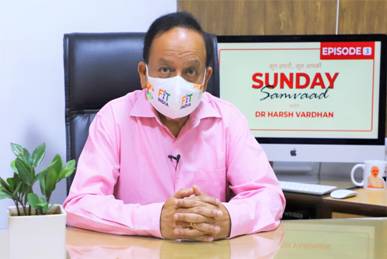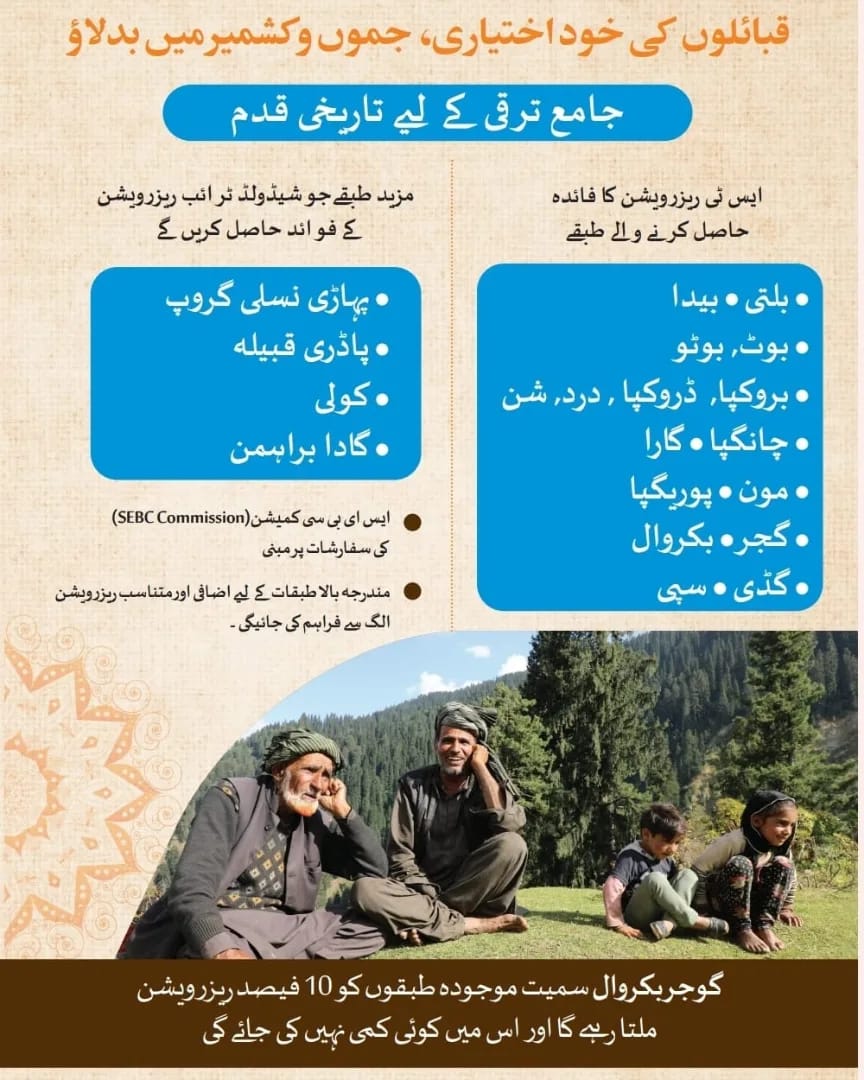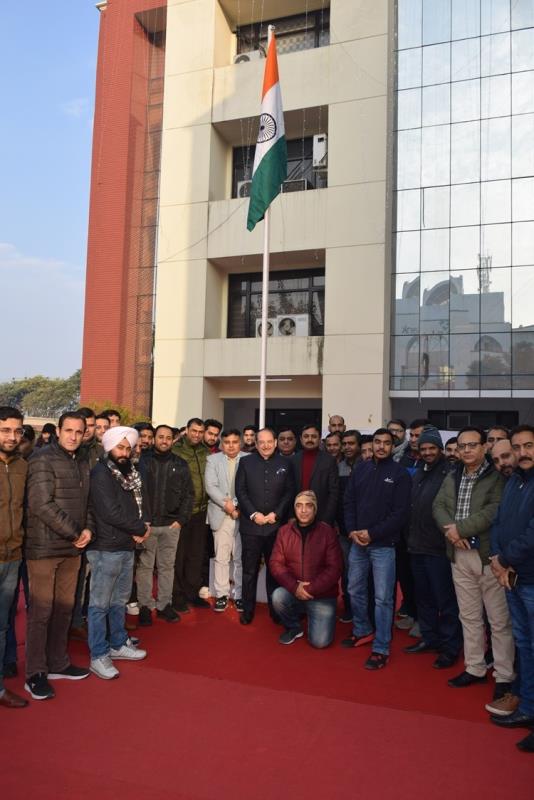Dr. Harsh Vardhan, Union Minister of Health and Family Welfare answered questions posed by his social media interactors on the third episode of Sunday Samvaad. Besides the present COVID crisis, these questions covered a multitude of queries concerning the medical infrastructure, the future of Public Health in India, India’s contribution to Climate Change Research and advancements in Meteorology.The Union Health Minister dispelled fears regarding the phased opening of schools and advised on proper protocol to be followed while visiting salons and hair-spa. The Minister asked everyone to always raise awareness regarding COVID appropriate behaviors which he himself does by stopping his car and asking non-compliant people to wear their masks. He re-emphasized on the need for wearing masks even in places of worship.He said “the Pandemic can only be fought when the Government and society work together in tandem.” The Health Minister also coined the slogan: दो गज की दूरी, और थोड़ी समझदारी,पड़ेगी कोरोना पे भारी।He further cautioned that ICMR’s Sero survey report should not create a sense of complacency in people. The first sero survey of May 2020 revealed that the nationwide prevalence of novel coronavirus infection was only 0.73%. Even the soon to be released second sero survey indications are that we are far from having achieved any kind of herd immunity which necessitates that all of us should continue following COVID appropriate behaviour.Regarding wide usage of investigational therapies such as Remdesivir & Plasma Therapies, the Union Health Minister stated that the Government has issued regular advisories regarding their rational usage. The private hospitals have also been advised against routine use of these investigational therapies. The doctors in the States/UTs are being made aware of this through webinars and during the tele-consultation session of AIIMS, New Delhi. On the emerging evidence that the disease not only impacts our lungs but other organ systems too, especially cardiovascular and renal, the Minister said that the Ministry of Health has already set up committees of experts to look into these facets of COVID-19. ICMR is also studying this subject. ICMR is also actively investigating and researching reports of reinfection and although the number of reinfection cases is negligible at this moment, the government is fully seized of the importance of the matter.Dr Harsh Vardhan stated that States/UTs have been advised to lower the prices of COVID tests. In the early days of the pandemic, as the kits were imported, the price tended to be high. But now, supplies of testing kits have also stabilized and domestic production of these kits have also commenced. He added that the Ministry of Health has written to States and Union Territories to engage private laboratories at mutually agreeable lower rates. He added that he has spoken personally to several State health ministers regarding reduction of prices of testing in their respective states.On a question related to ‘AtmaNirbhar Bharat Yojana’, Dr. Harsh Vardhan spoke of India’s two-pronged strategy of incentivizing production and creation of common infrastructure for high-quality medicines and medical devices to make the country self-reliant. He said that the government is ensuring that there is import substitution in this sector as well and that we are no longer dependent on imports; “Under these newly-launched schemes, the Government has proposed the development of three bulk drug parks and four medical device parks across India.” He continued “in times to come, we will not just be able to meet domestic requirements, but also be able to fulfil global demand for low-cost, quality medical devices.” He said that in the last few months since the outbreak of the pandemic, India had made rapid strides in the “manufacturing of ventilators, PPEs, testing kits and many medical devices. On the disparity of setting up AIIMS in different regions and only one for the entire North East, Dr. Harsh Vardhan spoke of the Central Scheme Pradhan Mantri Swasthya Suraksha Yojana (PMSSY) aimed at correcting the regional imbalances in healthcare. Other than setting up new AIIMS, the scheme also aims to upgrade the existing medical infrastructure in the entire country in a phased manner. Under different phases of the Scheme, the Central Government will establish new medical colleges attached with existing district and referral hospitals in Dhubri, Nagaon, North Lakhimpur, Diphu, Kokrajhar Districts in Assam, Churachandrapur in Manipur West Garo Hills District in Meghalaya, Falkawan District in Mizoram, & Kohima and Mon in Nagaland.Dr. Harsh Vardhan also stated that the Central Government has added 29,185 MBBS seats in the last five years. Establishment of New Medical Colleges, strengthening and upgrading existing Government Medical Colleges, relaxing the norms for setting up of new Medical Colleges, enhancing the maximum intake capacity at MBBS level from 150 to 250 and enhancing the age limit for appointment and extension of teachers, deans, principals, and directors of Medical Colleges will help to improve the doctor ratio in the country, he added. Responding to a similar question on the strengthening of the public health system, he spoke of the Union Government’s commitment “to increasing the public healthcare spending as a percentage of GDP from the existing 1.15 % to 2.5 % by 2025”, which “will mean an actual increase of 345% over the current share in this short period of time.” He added that the 15th Finance Commission’s high-level group on health has concurred that healthcare spending must be raised substantially in the next five years in view of the present pandemic.
Home Jammu Kashmir Jammu Dr Harsh Vardhan interacts with social media users during Sunday Samvaad-3 Coins...





